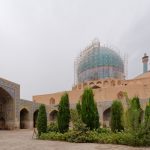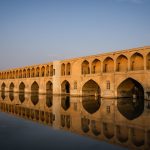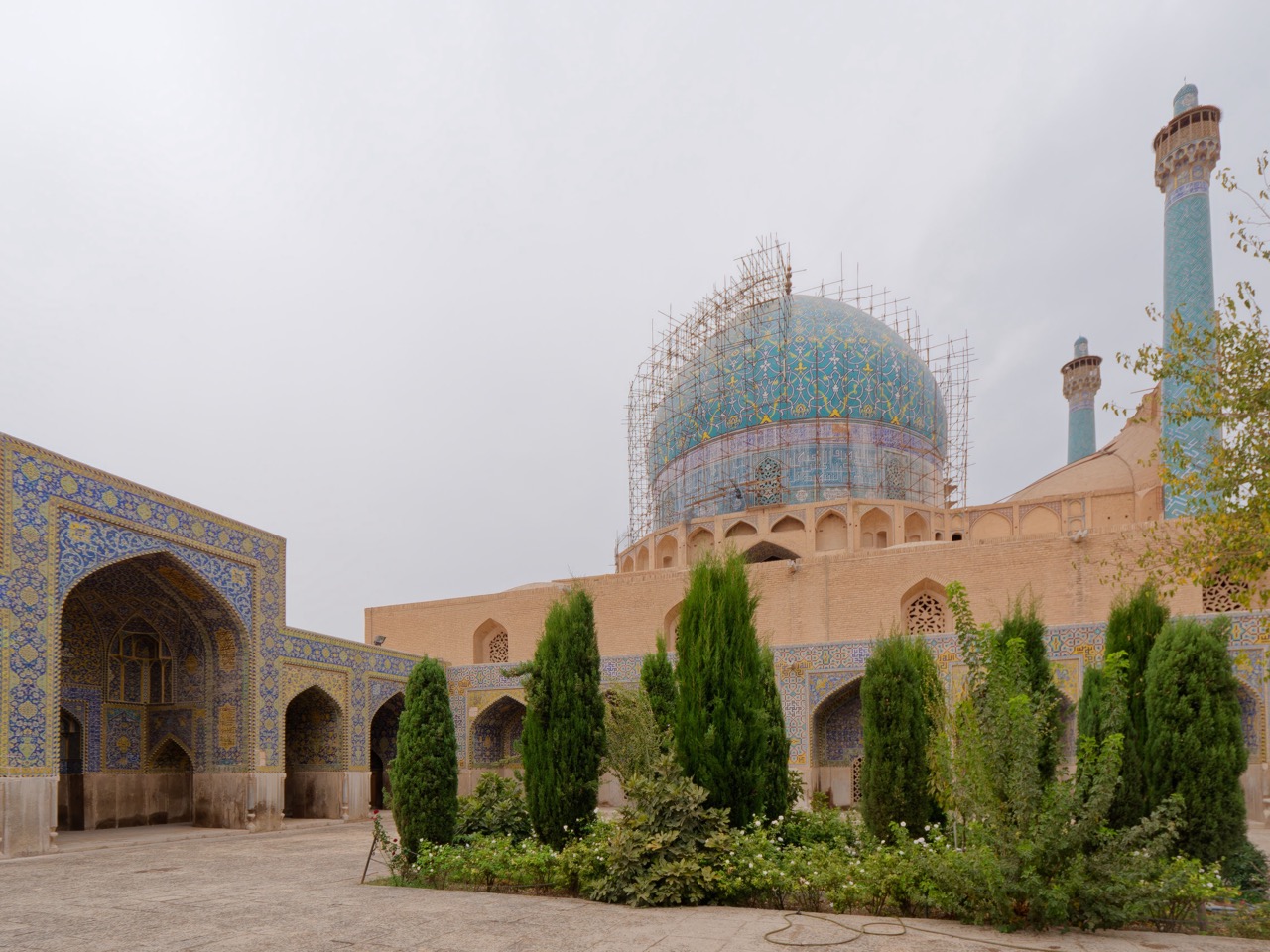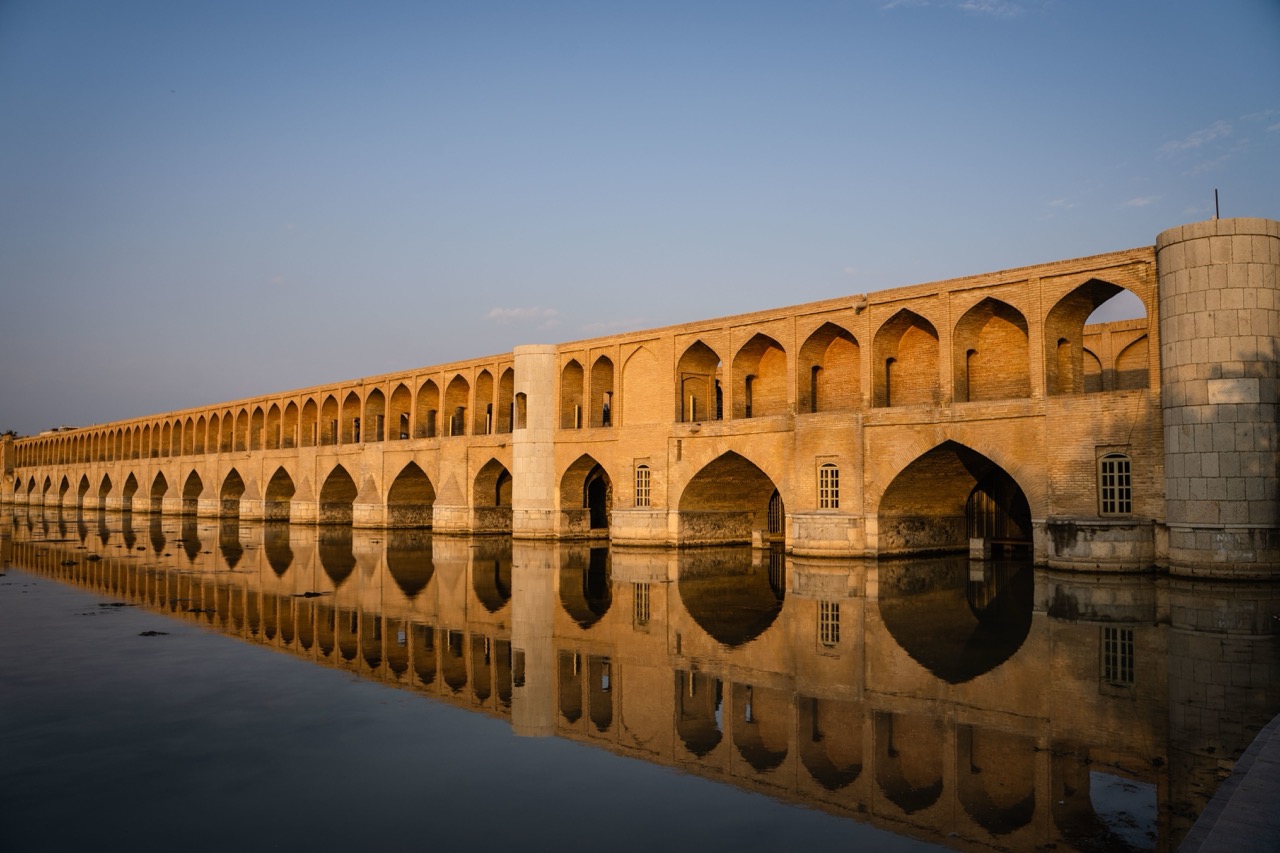The Persian Wars, a series of conflicts between the mighty Persian Empire and the independent Greek city-states, marked a significant period in ancient history. These wars, fought primarily in the 5th century BCE, were not only battles for territorial dominance but also represented a clash of cultures and ideologies. As the Persian Empire sought to expand its influence, the fiercely independent Greeks rallied together to defend their way of life. This article explores the origins of these hostilities, the key players involved, and the lasting impact of the wars on Western civilization.
The Origin of Hostilities: Persia and Greece Collide
The seeds of conflict between Persia and Greece were sown in the political landscape of the early 5th century BCE. The Persian Empire, under Cyrus the Great and his successors, expanded dramatically, incorporating various territories, including the Greek city-states in Asia Minor. Tensions escalated when the Ionian Greeks revolted against Persian rule in 499 BCE, an uprising supported by Athens and Eretria. This rebellion was a catalyst for war, prompting Darius I of Persia to seek retribution against the Greek city-states for their interference, marking the beginning of a prolonged struggle.
In 490 BCE, Darius launched a punitive expedition against Greece, culminating in the famous Battle of Marathon. The Greeks, especially the Athenians, recognized the threat posed by the powerful Persian forces and united their resources to resist this encroachment. The clash at Marathon was not merely a military engagement; it symbolized the fight for autonomy against an empire that threatened to engulf their freedoms. The origins of the Persian Wars thus lie in a complex interplay of revolt, retaliation, and the desire for self-determination.
Key Players: The Persian Empire and Greek City-States
The Persian Empire, at its zenith, was the largest empire in the world, stretching from the Mediterranean to the Indus River. Under the rule of Darius I and later Xerxes I, Persia was characterized by its vast bureaucracy and diverse cultures. The empire’s military prowess, coupled with its resources, posed a formidable challenge to the fragmented Greek city-states. Each city-state, including Athens, Sparta, and Corinth, had its own governance and military structures, which often led to rivalry but also forged a sense of unity against a common enemy.
The Greek city-states, in contrast to the structured hierarchy of Persia, were known for their democratic ideals, particularly in Athens. The leadership of figures like Themistocles and Leonidas became instrumental during the wars. Their strategies and valor during critical battles mobilized the Greek populace and garnered support from other city-states. Thus, the personalities and political dynamics of both the Persians and the Greeks played a crucial role in shaping the course of the Persian Wars.
The Battle of Marathon: A Turning Point in History
The Battle of Marathon, fought in 490 BCE, stands as a pivotal moment in the Persian Wars. The Athenians, vastly outnumbered, leveraged their knowledge of the terrain and superior tactics to achieve a stunning victory over the Persian forces. This battle was not just significant for its immediate military implications; it instilled a sense of confidence and unity among the Greek city-states, demonstrating that the seemingly invincible Persian army could be defeated. The victory at Marathon became a rallying point for Greek pride and resistance.
Moreover, the battle had lasting repercussions for both sides. For Persia, it was a bitter setback that underscored the limits of their imperial ambitions in Greece. For the Greeks, particularly the Athenians, it marked the beginning of a newfound sense of identity and purpose. The legend of the Athenian hoplites, who fought valiantly at Marathon, would be etched into the annals of history, inspiring future generations to uphold the values of freedom and democracy.
The Role of Leadership: Darius and Xerxes in Focus
Leadership played a critical role in the Persian Wars, especially the decisions made by Darius I and his son Xerxes. Darius, a strategic and ambitious ruler, initially sought to establish Persian dominance over Greece through calculated military campaigns. His decision to punish Athens for its support of the Ionian Revolt led to the disastrous expedition at Marathon. Despite this failure, Darius’s organizational skills and vision for a vast empire set the stage for his son Xerxes, who inherited the mantle of leadership.
Xerxes I, known for his grandiosity and zeal for revenge, launched a massive invasion of Greece in 480 BCE. His leadership was marked by a blend of exceptional military strategy and overwhelming ambition, culminating in the famous battles of Thermopylae and Salamis. However, his inability to consolidate Persian power and effectively manage the diverse forces under his command ultimately led to catastrophic defeats. The contrasting leadership styles of Darius and Xerxes highlight the complexities of command during the Persian Wars and their effects on the outcomes of the conflicts.
Naval Warfare: The Impact of the Battle of Salamis
The Battle of Salamis, fought in 480 BCE, was a decisive naval engagement that turned the tide of the Persian Wars in favor of the Greek city-states. Following the land-based sacrifices at Thermopylae, the Greeks, led by the Athenian navy, devised a cunning plan to lure the Persian fleet into the narrow straits of Salamis. The Persian navy, although larger, was caught off guard by the Greeks’ agility and knowledge of the local waters, leading to a resounding Greek victory.
The implications of the Battle of Salamis extended beyond mere military success. It showcased the importance of naval power in determining the outcome of wars, particularly in a region where maritime trade and communication were vital. The victory not only crippled Xerxes’ fleet but also emboldened other Greek city-states to join the Athenian-led alliance, significantly shifting the balance of power in favor of a united Greece. The strategic significance of Salamis thus heralded a new era in Greek military prowess and underscored the critical role of naval warfare in the ancient world.
The Siege of Plataea: A Defining Moment for Greece
The Siege of Plataea (429-427 BCE) represented a crucial chapter in the aftermath of the Persian Wars. Following the victories at Salamis and Plataea in 479 BCE, the Greeks sought to consolidate their strength against any remaining Persian influences. The siege, during the Peloponnesian War, highlighted the enduring legacy of the Persian Wars by igniting further conflict among Greek city-states. The unity forged against Persia began to fray as rivalries resurfaced, leading to the siege’s protracted conflict and eventual fall of Plataea.
This siege also illustrated the complexities of alliances formed during the Persian Wars. While the Greeks initially united against the Persian threat, divergent interests soon emerged, revealing the fragile nature of their coalition. The fall of Plataea served as a stark reminder that despite their victories over Persia, the Greek city-states remained vulnerable to internal discord. The consequences of these conflicts ultimately shaped the trajectory of Greek history, serving as a precursor to the greater strife of the Peloponnesian War.
The Aftermath: Consequences of the Persian Defeat
The defeat of the Persian forces had far-reaching consequences for both Persia and Greece. For Persia, the loss in Greece marked a significant blow to its imperial ambitions. The withdrawal from Greek territories resulted in a gradual decline of Persian influence in the Aegean region, making it difficult for the empire to maintain control over its far-flung provinces. Additionally, the Persian defeat fostered a sense of resilience among the Greek city-states, bolstering their confidence and leading to a period of cultural and intellectual flourishing known as the Golden Age of Greece.
In Greece, the aftermath of the Persian Wars catalyzed a newfound spirit of unity and nationalism. The success against a common enemy fostered an environment conducive to collaboration and mutual defense, leading to the formation of the Delian League. However, this unity was short-lived, as underlying rivalries soon emerged, particularly between Athens and Sparta. The legacy of the Persian Wars thus served as both a source of pride and a harbinger of future conflicts, reshaping the political landscape of ancient Greece.
The Legacy of the Persian Wars in Western Civilization
The Persian Wars have left an indelible mark on Western civilization, influencing not only military tactics but also political thought and cultural identity. The Greek victories inspired a sense of pride in self-governance and freedom, ideals that would resonate throughout history and shape the foundations of Western democracy. The wars underscored the significance of citizen-soldiers and the importance of collective action, themes that would be echoed in later conflicts and revolutions.
Moreover, the Persian Wars gave rise to historical narratives that emphasized the struggle between tyranny and democracy. Historians like Herodotus, often called the "Father of History," documented these events, providing insights into the cultural and social dynamics of the time. The stories of bravery and sacrifice became part of the Greek cultural heritage, serving not only as historical accounts but as moral lessons for future generations. The legacy of the Persian Wars thus endures as a testament to the triumph of the human spirit in the face of overwhelming odds.
Cultural Exchanges: The Influence of War on Society
The Persian Wars facilitated significant cultural exchanges between the Greeks and Persians, shaping the social fabric of both civilizations. As the Greeks fought against a powerful empire, they encountered diverse cultures, practices, and ideas. This exposure led to a synthesis of thought, contributing to advancements in philosophy, art, and science. The Athenians, in particular, embraced elements of Persian culture, integrating them into their own societal norms and practices.
Conversely, the Persian Empire also experienced influences from the Greek city-states during and after the wars. The resilience and tenacity of the Greeks inspired Persian intellectuals and military strategists to reconsider their own approaches to governance and warfare. The Persian Wars ultimately served as a conduit for cross-cultural interaction, fostering a climate of exchange and adaptation that enriched both societies. This cultural fluidity would have lasting implications for the development of art, philosophy, and governance in the ancient world.
Reflection: Lessons Learned from the Persian Wars
The Persian Wars imparted several valuable lessons that extend beyond the realm of ancient history. One significant takeaway is the importance of unity in the face of adversity. The Greek city-states, despite their differences, managed to come together to withstand a common threat, illustrating the power of collaboration and mutual support. This lesson remains relevant today, as societies continue to grapple with the challenges of division and conflict.
Additionally, the wars highlighted the significance of strategy and innovation in warfare. The Greek victories were not solely the result of brute force but rather a combination of tactical ingenuity, knowledge of local terrain, and effective leadership. These principles resonate in modern military thought and strategy, emphasizing that success often hinges on intelligence and adaptability rather than sheer numbers. The Persian Wars thus offer timeless insights into the dynamics of conflict, leadership, and the resilience of the human spirit.
In conclusion, the Persian Wars were a defining series of conflicts that shaped the trajectory of ancient history and laid the foundation for future civilizations. The clash between the Persian Empire and the Greek city-states was not merely a battle for territory; it represented a profound struggle for identity, autonomy, and cultural exchange. The lessons derived from these wars continue to resonate, reminding us of the enduring power of unity and the complexities inherent in the pursuit of freedom. The legacy of the Persian Wars endures, reflecting the resilience and ingenuity of humanity in the face of overwhelming challenges.










